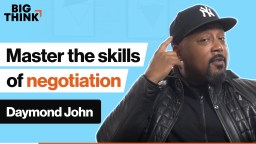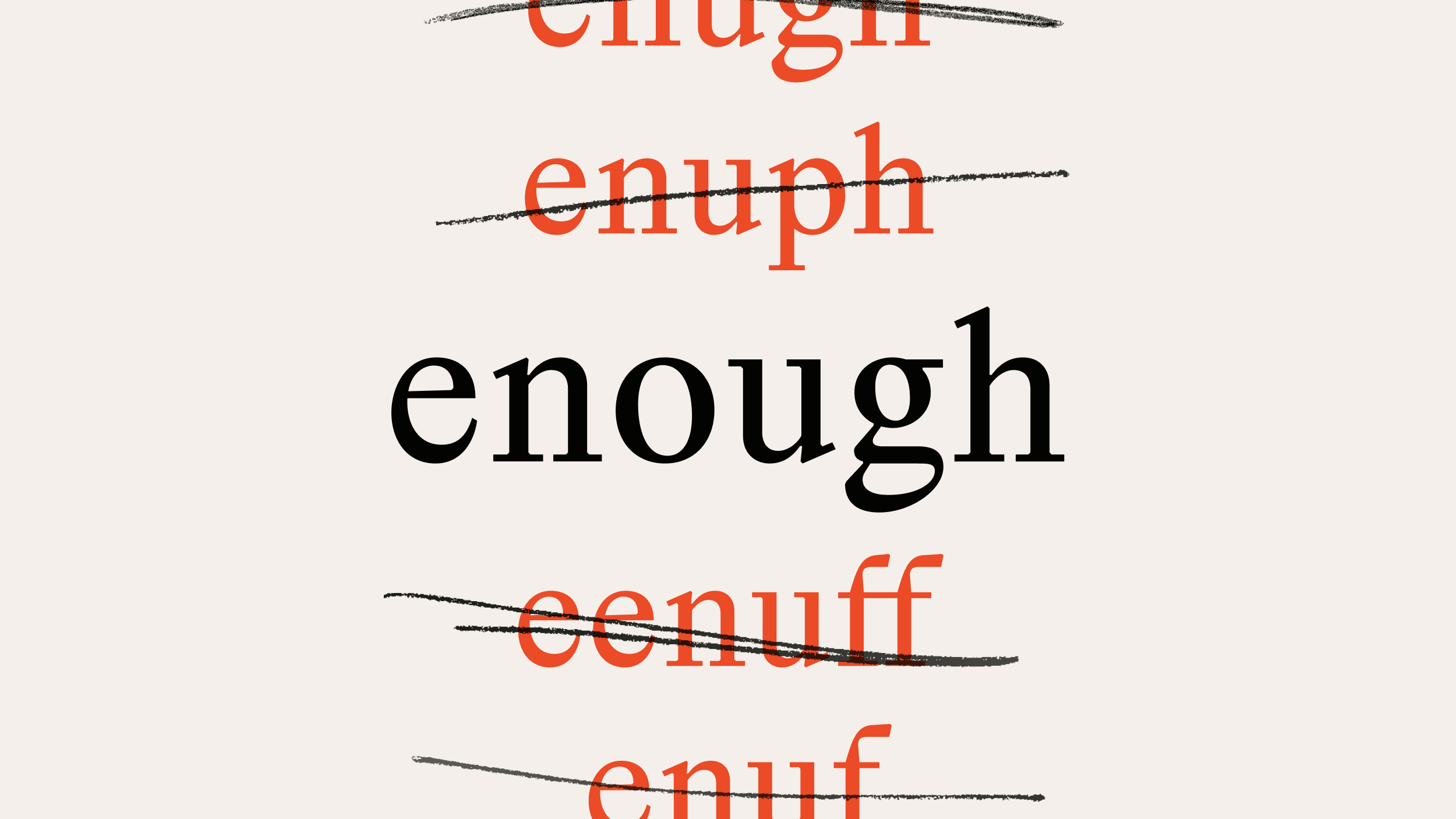PETE HOLMES: It's unfortunate that the idea of having an intention is so often repeated that it's sort of lost meaning. But in my experience, it's not as complicated or labored as it sounds, and it's also really, really, really, really helpful.
For me, if I'm going to do a podcast -- or really do anything, it makes a huge difference if I just take a moment to actively imagine-- people might say visualize, but it doesn't feel that fancy. It's literally just maybe in the shower. You're going to a podcast. What face do I want them to make? Just that specific visual goal of, how do I want them to feel when we're done? And what my intention when I do any podcast is I want them to be my friend. I want them to think, and be my friend. Not just think that we're friends. That's phony showbiz nonsense. Some of my greatest friends, people that I consider family-- I mean emergency contacts on my medical forms-- were podcast guests. And it happens all the time. And that is a good intention to have, is I want this person to feel safe, I want them to feel seen. Just like Marc Maron, at the end of my podcast, I like to say, do you feel satisfied? Do you feel satisfied? Sometimes they say no, and they go, when we talked about that, I didn't feel like I said it. Do it. Go ahead. But specifically, what kind of laugh do I want them to laugh? What kind of smile do I want them to smile? That's what visualization is to me.
It's not as heavy as sitting and really, I'm going to play by play. It's 15 seconds, if that. It's not doing it that does it, it's remembering to do it that does it. You know what I'm saying? People don't forget people's names, they forgot to remember the name. You know what I mean? So it's actually just this micro adjustment of intention that goes, I took the time-- if I'm driving to a podcast, I'll listen to instrumental music and I'll just think about the person. And you'd be shocked-- I'm also listening to myself. What's going on in my world today? How anxious am I today? What are my needs? What are my confessions? What are my joys? And then I'm going in loaded.
So if they're not going to-- this is another great thing. You go in with enough to say about yourself that if they don't say anything, you go, it's fine, you can sleep in the back. I'll drive us to Disney. It's OK. This is my podcast, too. It's fine. I'm glad you're here. You're going to listen to me talk about my mom. And, boy, I hope you talk about your mom. But if you just wanted to plug your book, that's fine. It'll get a hefty plug at the beginning. But the episode is going to be Pete heavy. And hopefully that's comforting. It shouldn't be threatening. It's like, oh, he's got it, it's good. I'll respond, as well. It's sort of like you're not going in with scared money. You're like, we'll get this coming or going.
I have a vision in my head that you score. That's a term we use in comedy writing. If the actor gets a laugh on a line you wrote, you go, oh, he scored with that. I want them to score. I interviewed Stephen Colbert for a fest in LA, and at one point, he was just crushing. And it was because of a certain series of questions and areas that we were going with. Nothing was planned. It was just, we flowed. And we got there and it was 3,000 people were there, and he's crushing. And I'm like-- it was like watching your children take a step or something. Something that you built together paid out for him. Nobody remembers that I did that interview, but everybody that was there was like, remember that thing Steven said about the tree frogs? And you're like, ah, I did it. And those people are a day off.
And then some days where it's a little bit more laborious, you demonstrate that it's safe. It's going to be a great episode either way. I ask them, what's the hardest time you've laughed? And they don't have an answer. That's fine. I tell them mine and we're both laughing, and it's a good episode. That's a nice thing to say, is you're in an abundant place. I'm not saying, please fill this with you. You go, this place is already full. Would you like to push some of me out? [LAUGHING]






